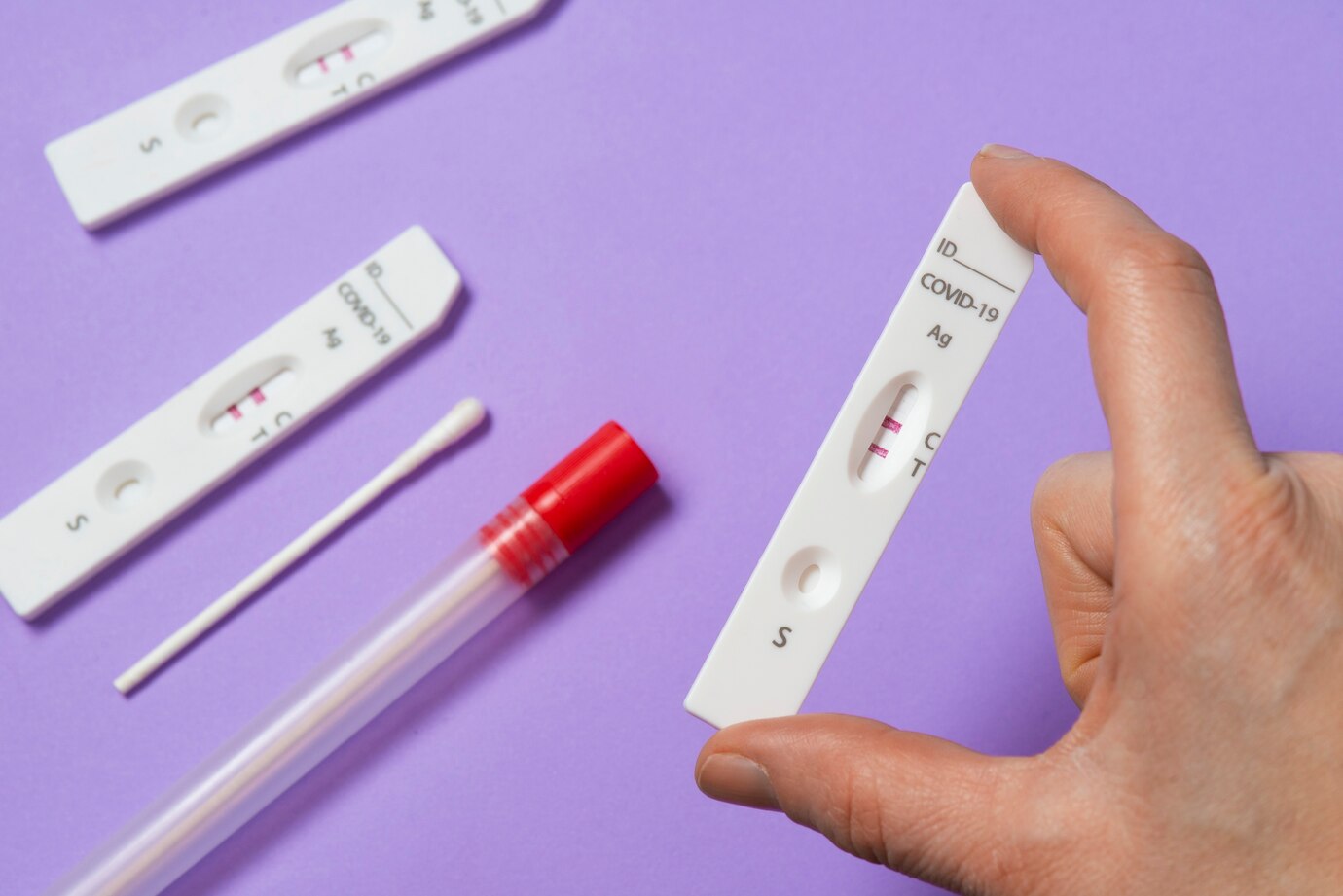How to Prepare for Pre-Op Clearance

Strong 8k brings an ultra-HD IPTV experience to your living room and your pocket.
Preparing for surgery can be a stressful experience, but knowing how to get ready for Pre-Op Clearance can make the process smoother and safer. Pre-operative clearance is a critical step that ensures you’re medically fit for surgery. It involves a comprehensive health assessment to identify and reduce any potential risks during your operation. Whether you're undergoing a minor procedure or a major surgery, preparing properly for pre-op clearance is essential.
Here’s everything you need to know about preparing for pre-op clearance, including what to expect, how to prepare, and common mistakes to avoid.
What Is Pre-Op Clearance?
Pre-op clearance, also known as pre-operative evaluation or pre-anesthesia clearance, is a medical check-up performed before surgery. It’s typically ordered by your surgeon or the hospital and is carried out by your primary care physician, an internist, or sometimes an anesthesiologist.
The goal of pre-op clearance is to assess your overall health, manage any existing medical conditions, and ensure that it's safe for you to undergo anesthesia and surgery. This evaluation may include a physical exam, blood tests, imaging (like X-rays or ECGs), and reviewing your medical history.
Step 1: Schedule Your Appointment Early
One of the first steps in preparing for pre-op clearance is to schedule your appointment as early as possible. Most doctors recommend completing the clearance at least two weeks before the surgery date. This window allows time for any additional tests, specialist referrals, or medication adjustments if necessary.
Delays in scheduling can result in postponed surgeries, especially if new medical issues are discovered that require further evaluation.
Step 2: Bring Your Medical Records
When going for your pre-op clearance, bring a complete list of your medical history, including:
Current medications (prescription, over-the-counter, supplements)
Past surgeries and procedures
Chronic conditions such as diabetes, hypertension, or asthma
Allergies (especially to medications or anesthesia)
Any recent illnesses or infections
Also, include contact information for your primary care provider and any specialists you see regularly. Accurate records help your evaluating physician make informed decisions quickly.
Step 3: Follow Fasting and Medication Instructions
Your doctor may give you specific instructions regarding food, drink, and medications before your tests. Some blood tests require fasting for accurate results, usually for 8–12 hours beforehand.
If you're on blood thinners, insulin, or heart medications, your physician will advise whether to stop or adjust the dose. Never make changes to your medication regimen without professional guidance.
Step 4: Be Honest About Lifestyle Habits
During your pre-op evaluation, you’ll likely be asked about your lifestyle habits—like smoking, alcohol consumption, and drug use. It’s important to be honest. Smoking, for instance, can affect wound healing and anesthesia recovery, so your doctor might recommend quitting or reducing your intake before surgery.
Likewise, excessive alcohol use or undisclosed drug use can interfere with anesthesia and recovery. Being truthful ensures your medical team can take the safest approach for you.
Step 5: Ask Questions
The pre-op clearance visit is a great time to ask questions about the surgery and anesthesia. Don’t hesitate to clarify things like:
What tests are being ordered and why?
Do I need to stop any medications?
Should I adjust my diet before the operation?
What should I expect after the procedure?
Clear communication helps reduce anxiety and ensures that you’re fully informed about your upcoming surgery.
Step 6: Manage Chronic Conditions
If you have chronic conditions like high blood pressure, diabetes, or heart disease, make sure these are well-controlled leading up to your surgery. Poorly managed conditions can increase the risk of complications and may result in surgery delays.
Your pre-op doctor may adjust your medications or recommend additional testing. Follow these recommendations carefully and report any new symptoms right away.
Step 7: Arrange Support and Transportation
Preparing for pre-op clearance isn’t just about medical tests—it’s also about planning for your surgery day. Make arrangements for someone to drive you to and from the hospital. If your surgery requires an overnight stay or recovery at home, arrange help with meals, medication, and mobility.
Having a support system in place contributes significantly to a smoother recovery.
Final Thoughts
Preparing for Pre-Op Clearance is a proactive step that ensures your surgery is as safe and successful as possible. By scheduling early, bringing accurate medical records, following doctor instructions, and managing chronic conditions, you reduce the chances of delays and complications. Take the process seriously—it’s not just paperwork; it’s a vital part of your overall surgical care.
Whether you’re facing a routine procedure or a more complex operation, being well-prepared for pre-op clearance will give you peace of mind and a stronger foundation for recovery.
Note: IndiBlogHub features both user-submitted and editorial content. We do not verify third-party contributions. Read our Disclaimer and Privacy Policyfor details.




